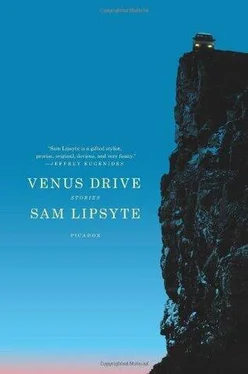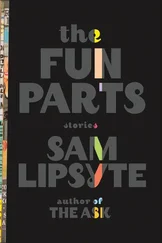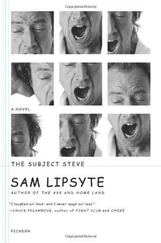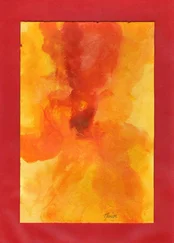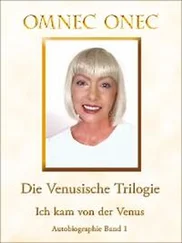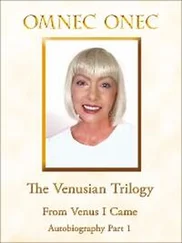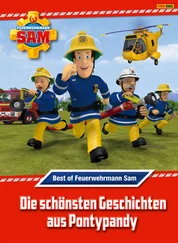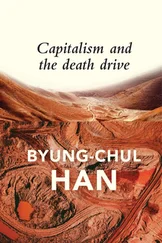“I’m going to call you,” she says. “I want to call you.”
“That would be great,” says Gary.
A few days later she does. Gary is poking around for a vein. The vein is always right next to where you think it is. You have to dig hard. Work hard, dig hard. The blood dries in jagged curves around his arm, his wrist. Scutt’s clip.
Lorraine leaves a long message with several numbers at the end of it. He is going to call her back, tell her he needs to go away for a while, get well, but his well-hoped hope is that she will wait for him. There is something special there between them. It’s hard to see, but it’s there. The proof that it’s there is that you can’t quite see it.
Now, crowd sounds.
Dutchmen kiss the pitch.
“Do you want to see it?” said my father.
“Okay,” I said.
“It’s a beaut,” said my father. “You should see it.”
“Okay,” I said.
My father gathered up his gown.
“Look at that stitchwork.”
I looked at the bruises, the blood flecks, the sewn line of the cut.
“Look,” he said. “That’s where they took them.”
“I’m looking,” I said.
My father got sick on our sofa for a while. Sick man’s beard, slippers, ripped robe. Bad days, he slung my old beach bucket in his belt to puke in.
Most days were bad days.
Old buddies chalked him up to dead.
Cousins, clients, called the house to mourn the loss.
His firm sent my mother a cheese wedge, a condolence card, but my father was not dead, he was sick, in the kitchen, sipping broth from a china cup. I brought him a spoon.
“Hey,” he said, “did you check your people today? Check them every day. Be attentive. Unnatural swelling, that’s what you’re looking for.”
“Okay,” I said.
He laid his spoon down.
“I’m going to drink this soup from the cup,” he said. “But that doesn’t mean you can.”
“Okay,” I said.
“Stop saying ‘okay,’” said my father. “Enliven your vocabulary.”
“I will,” I said.
Some days my father would dress, necktie, pressed shirt, take his coffee near the window. He’d do the jokes, the numbers, the eyeball-soaker, the sock-tucker, the suicidal Swede.
“What’s for dinner, sweetheart? Asparagus? Ka-Boom!”
One morning he took his parka down from a hook, wheedled himself out over the walkway ice. He got his old Plymouth going. Dark exhaust gusted over the trunk and veiled it. Through the smoke I saw her, the neighbor’s daughter, the Drury girl, come down Venus Drive. She walked our yard in a snow-colored quilt, bare calves popping out of boot fur, sleep knots in her hair. She walked towards us with her arms crossed, a vexed diva, shot white breath from her teeth.
“Nathalie’s going to watch you while we’re gone,” said my mother.
“A babysitter,” I said.
“No, you’re too old for a babysitter. Just don’t give her any trouble. Your father’s not up for any trouble.”
“Okay,” I said.
My mother rubbed her knuckle on my spine. Our secret touch. The Drury girl slipped past us into our house, spotted my old bucket, held it up.
“Are you playing beach?” she said.
My father said I was his little helper but mostly I just hid. There he was, on the sofa, or in the fall-away chair. Sometimes, cartoon mornings, I found him sleeping with my bucket in his lap, a thin gruel on his chin. Once, his robe fallen open, I studied his wounds for a while. The stitches were gone, some of the hair grown back. The skin braided down to a wattle, a flap.
“What?” said my father, waking. “What are you looking at?”
“Nothing,” I said. “I’m sorry.”
“What are you sorry for?” said my father.
“I don’t know,” I said.
“You know what the situation is, don’t you? You understand this, right?”
“Yes.”
“Did you check your people today? Check your people, kid. What happens is they swell up on you. Sort of thrilling at first, but don’t be fooled.”
“Okay,” I said.
“I was a fool,” said my father.
Days they drove away for his injections, Nathalie stayed here with me, lit joints, my father’s stash, spun the stereo dial.
“Crap,” she said. “Tripe.”
She wore T-shirts with the names of bands in spatters of blood, or maybe her night gown if duty called before noon. She was skinny, beginning to be rounded in the same places as the women on TV, the ones I called up like flip cards lying on my belly in the dark. The blonde widow on the Florida yacht. The space lady with the thimble in her ear.
“Do you like music?” Nathalie said.
I showed her my only record, a collection of gunslinger ballads sung by a man in cowhide who looked like my Uncle Sy.
“You’ll learn,” she said.
“Learn what?”
“How to dance and how to fuck. You want to dance?”
We danced, a tour of eras, tango, pogo, slide-and-dip.
“You’re terrible,” she said. “You’ll never make it.”
“Make what?” I said
“Good point,” she said, “but answer me this: What do you want to be when you have to be something?”
“An astronaut,” I said.
“Bullshit. Who taught you to say that?”
“President.”
“Crooks.”
“A rock star,” I said.
“That’s more like it.”
Now we heard the door, saw my mother shove my father through it. He was weeping. He was wiping vomit from his beard with a dirty mitten.
Then it was a miracle week, a miracle month, a month from God. My father said he was on the mend. He got what my mother called his color back. My father said he was on the uptick, fit for light duty, maybe.
“I’m either getting better or I’m already dead.”
The bucket went back to the shed with the diggers and spades. Breakfast, he did the disappearing-lip trick, the joke about the Pope, the Jew, the parachute.
He hung back near the coffee pot and palmed his patched head.
“What are you doing these days?” said my father.
“Fractions.”
“I’m half the man I used to be,” he said, or maybe sang.
I found him later at the dining room table, his glasses low on his nose, papers, pens, strewn.
“I’ve missed a lot of homework,” he said.
I stood near him with my mother when the firm called with the news.
“Perfectly understandable,” he said into the receiver. “No, the package is generous.”
Done talking, he put the phone down, gently. He sighed, kicked a hole in the wall. He limped off to the fall-away chair and sat there, alive, destroyed.
He smoked a cigarette.
“May they all get cancer,” he said.
I checked myself in bed each night. I kneaded my people. I turned on my belly, burrowed down and in. Somewhere between the mattress and me was Nathalie, the Drury girl.
Sometimes I would see myself walking up Venus Drive, the dream version, the houses steeper, the birch boughs soft with moth rot. I’d eye the berm for what they took from my father, skinned and glimmering in the leaves.
The Drury girl was drying her hair. She’d showered. I’d stood outside the door. She’d caught me, beckoned me in, let me watch her slide her jeans on underneath her bath towel. Now we sat on the sofa with our dilemmas, my fractions, her dangerous men.
“Fuck it,” she said. “I don’t care what my father says, I’m really into Keith Puruzzi.”
“What does your father say?”
“Fuck my father. Which I’m sure would be swell by him. Mr. Eyeball. What a prick. Oh fuck, I shouldn’t talk like this.”
“You always do,” I said.
“I know I do. How’s your dad? Not so good, right?”
“He’s on the uptick.”
Читать дальше
